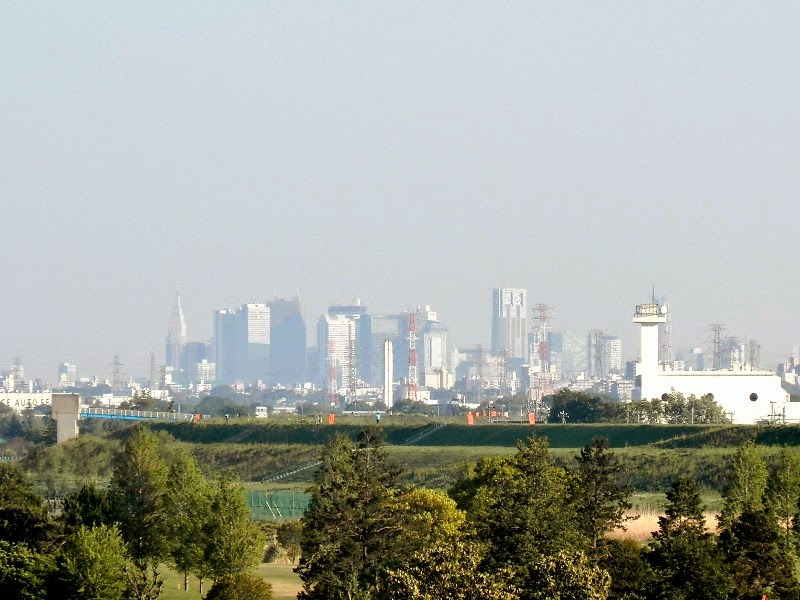Around Tokyo
Hitler as an Ex-Spy
Adolf Hitler was recruited by the police or the military as a spy on communists after WWI.
Would you believe Hitler was a spy? The truth is, initally he was a police spy sent in to Infitrate the German Workers Party (DAP) and keep tabs on them. This actually proved a huge mistake on the Reichswehr's part as Hitler was introduced to Anton Drexler and Dietrich Eckart, two of the founders of the DAP and the spy joined the DAP as a practiceing member of the party. He fully agreed with what Drexler and Eckart preached. After Hitler joined the DAP it changed it's name to the National Socialist German Workers Party (NSDAP).
Hitler was encourgaed by his former commanders after resigning from the army to pursue his participation in the party full time. As such he began organizing meetings in public where he was proving a very charasmatic leader. He'd bring in truck loads of NSDAP supporters who threw out party leaflets while flying the swastika. In his speeces he rallied against Marxist, Jews, rival politicians, the Treaty of Versailles, anything and everything. He knew what the people wanted to hear and he used it to his advantage. And the Army and German Nationalist used him to their advantage to put down the Marxist movement in the Weimar Republic. Which meant a tempory absence from where the NSDAP was headquarted, Munich.
In his absence a bit of a revolt broke out within the leadership of the NSDAP which lead to the formation of an executive comittie which didn't care for Hitler (perhaps they were smart enough to realize where things were going if he remained in a leadership position). When they formed an alliance with another socialist party Hitler tendered his resignation. The result was that they realized how much loosing Hitler would cost them so they were willing to back down a bit. This lead to Hitler demanding he replace Drexler as NSDAP chairman. Drexler and several other committe members refused to give in until some annonymous individual (probably someone working for Hitler) ran a pamphlet that claimed Hitler was violent and lusted for power. Hitler very publicly filed a lawsuit, which he won. The results of this very public affair was that the executive committe gave in and Hitler was voted in as chairman of the National Socialist German Workers party by 543 to 1 in 1921.
And when did he become the leader of the Nazis? 1921. The NSDAP was the Nazi party.So, I don't think Hitler personally hated Judaists and descendants of ancient Israelites. He was not a crazy or fanatic Christian who wanted to take revenge on Judaists for their killing Christ Jesus 1900 years ago. It is not religion that drove Hitler and his followers to carrying out the atrocity of killing millions of Judaists.
https://answers.yahoo.com/question/index;_ylt=AwrTHQbW465TpwYA0LpXNyoA;_ylu=X3oDMTE0cmMxOG9vBHNlYwNzcgRwb3MDNTEEY29sbwNncTEEdnRpZANWSVA0NzBfMQ--?qid=20110309221707AAiQExD
There must be somebody behind the scene that told Hitler to expel Jredaists from the German society.
Like in the case of Osama bin Laden, there must have been mentors of hatred. However such masterminds behind the scene must have been killed in the war in each case of Hitler's and Osama's.
Maybe Hitler died as an ex-spy and Osama died as a son of a Saudi billionaire without deep understanding of what they had done.
*** *** *** ***
Joh 6:27 Labour not for the meat which perisheth, but for that meat which endureth unto everlasting life, which the Son of man shall give unto you: for him hath God the Father sealed.
Joh 6:28 Then said they unto him, What shall we do, that we might work the works of God?
Joh 6:29 Jesus answered and said unto them, This is the work of God, that ye believe on him whom he hath sent.





















